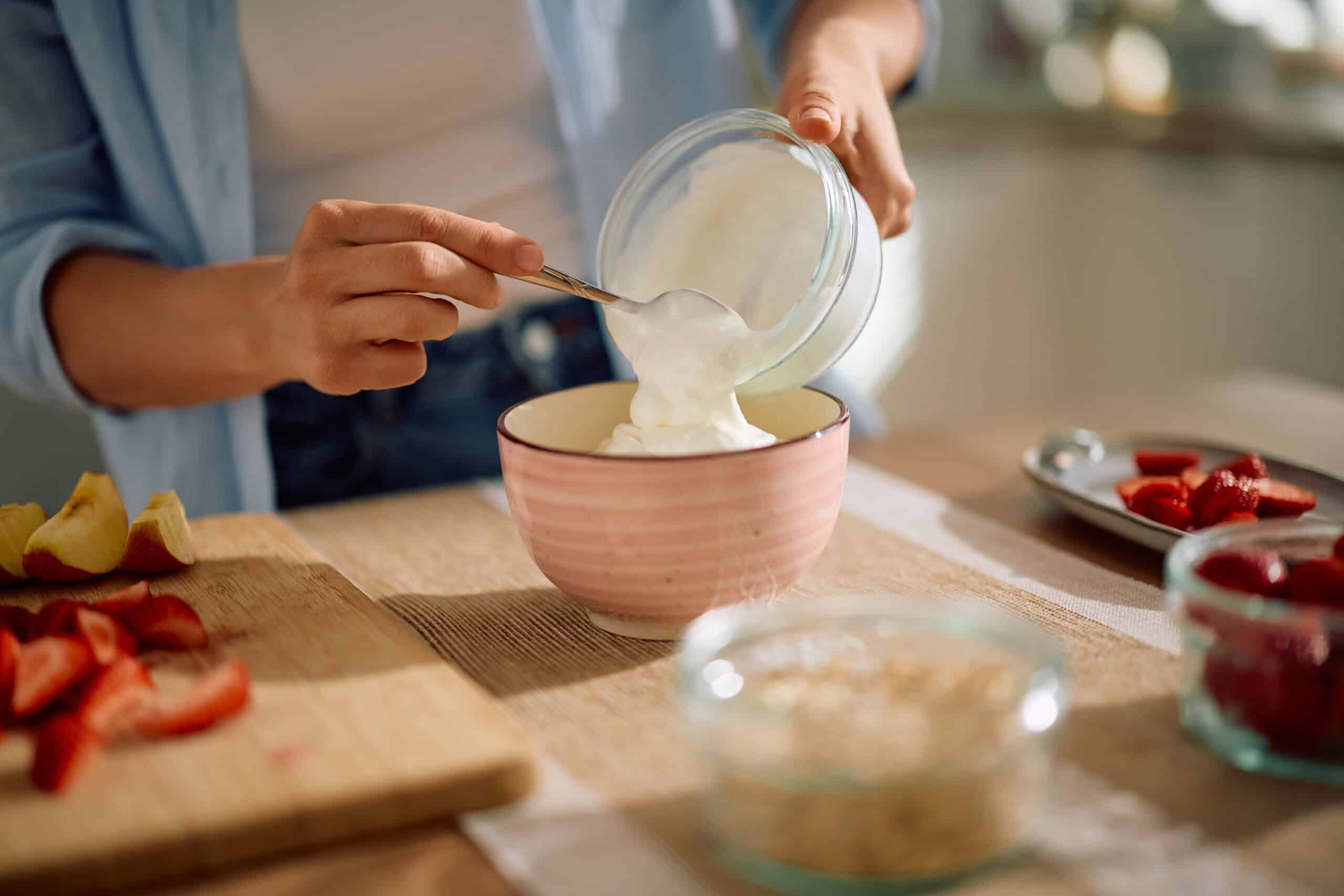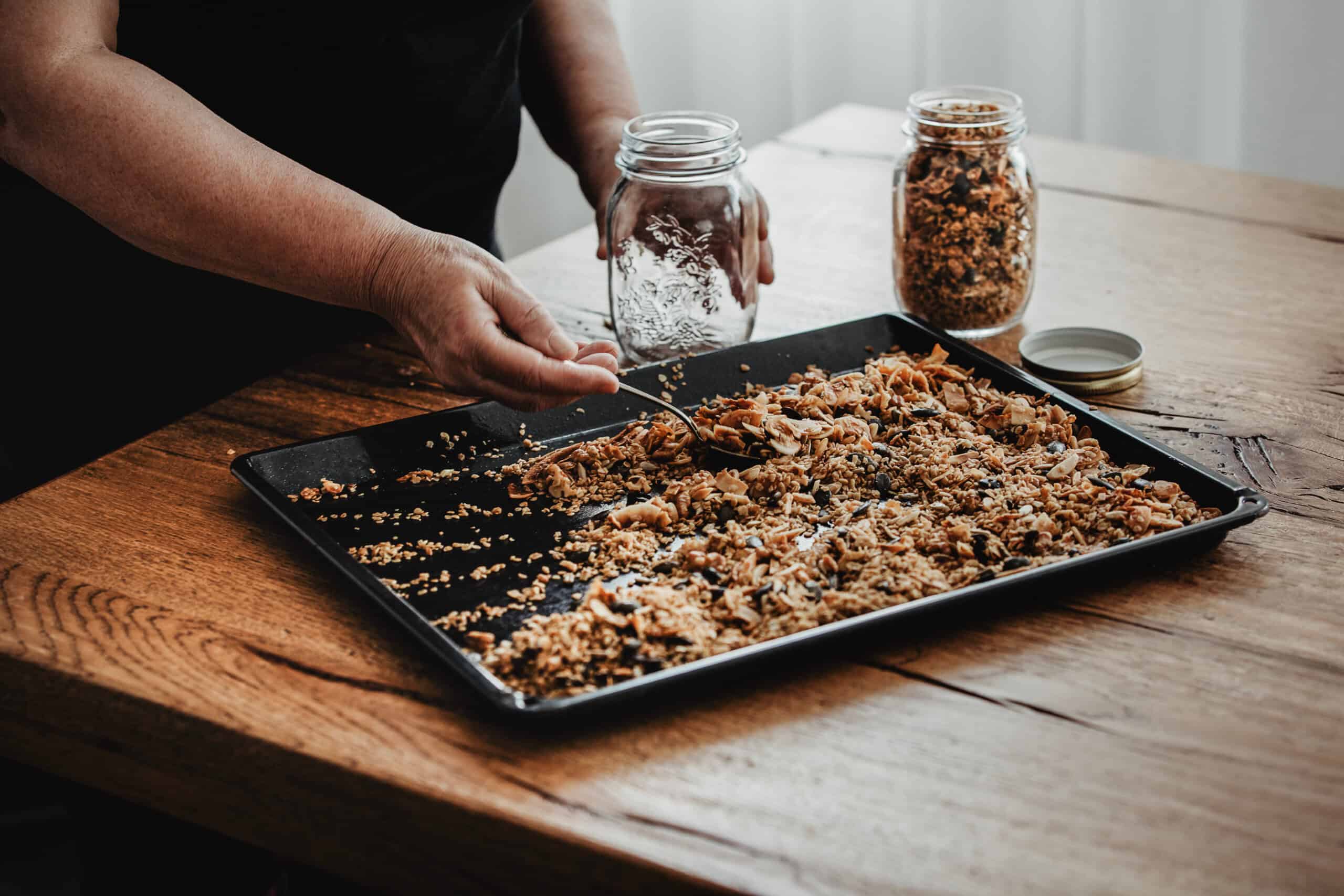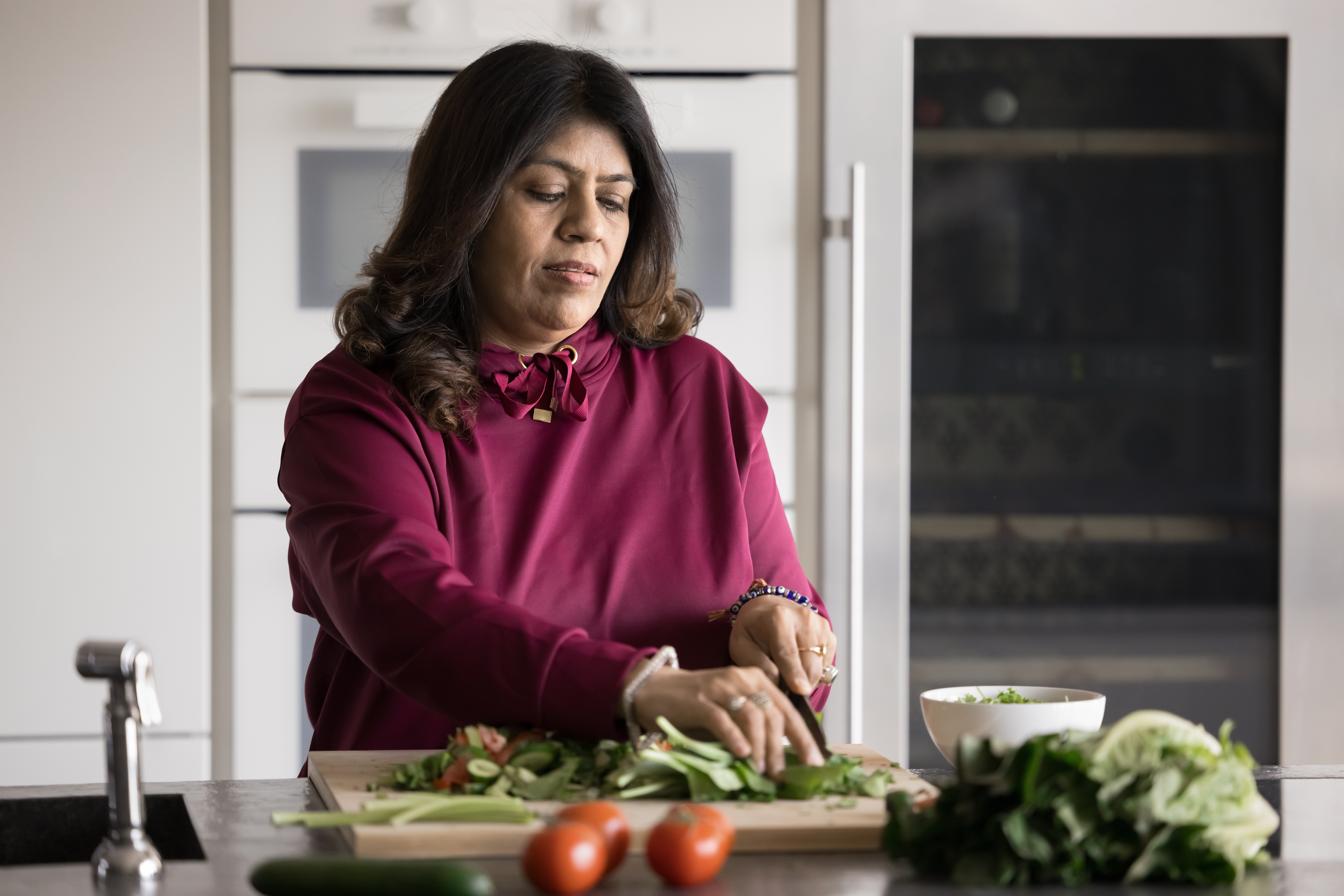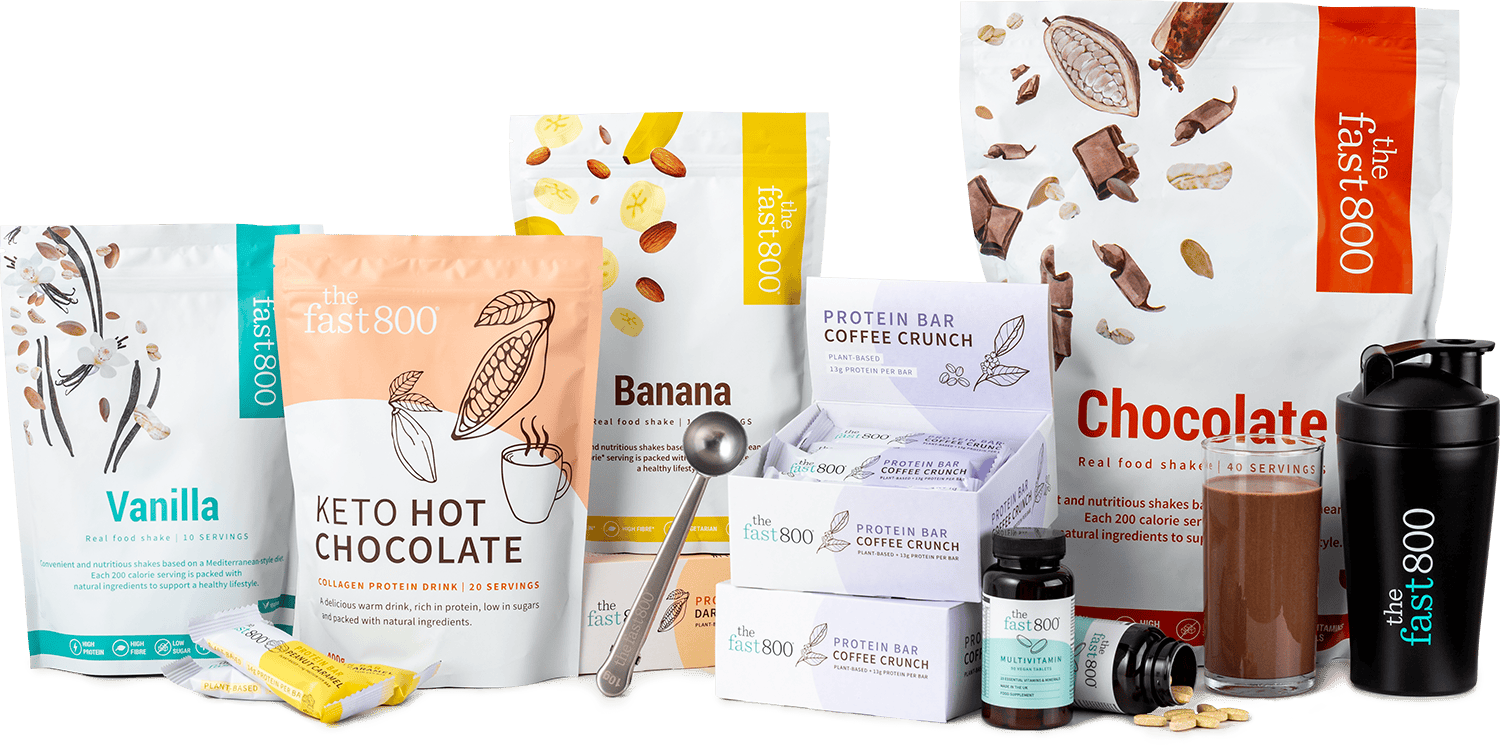Iron Deficiency: Ways You Can Boost Your Intake
Iron is an essential mineral and a vital component of haemoglobin – a protein in red blood cells that carries oxygen around the body. As an essential mineral, it’s surprising that iron deficiency is so common; around one third of the global population is deficient.1
Why do we need iron?
Iron is required in the process of transporting oxygen around the body and vital for growth, cellular function and brain development. A lack of iron, and red blood cells, is known as iron deficiency anaemia which, if left untreated, can compromise your immune system,2 putting you at risk of infection. It may also make you more vulnerable to heart and lung complications.3
Common signs of iron deficiency
Iron deficiency is particularly common amongst younger women, as a result of menstruation. Another common cause of deficiency, that isn’t as widely known, is being significantly overweight or obese and in particular, women going through menopause. There is a key reason for this, widely recognised in scientific research; obesity commonly drives inflammation, which is tightly associated with the impairment of the body’s ability to absorb iron effectively.4 When iron deficiency occurs, oxygen transportation to organs is limited which is why fatigue, dizziness, pale skin and headaches are commonly associated side effects of iron deficiency anaemia.
Please note – these symptoms can be indicative of many other conditions, including iron excess or deficiency. Please ensure you consult your healthcare provider if you are concerned about your health, before making changes to your diet or adding supplements.
How can you increase your iron intake and absorption?
The human body cannot naturally produce iron and therefore, you must absorb what is needed through diet or a supplement. The foods you eat not only have an impact on your iron intake but also on absorption, which is key for the role iron plays in your body. Importantly, if you’re looking to increase your intake of iron, not all types are easily absorbed and may therefore be less effective in reducing your risk of deficiency.5
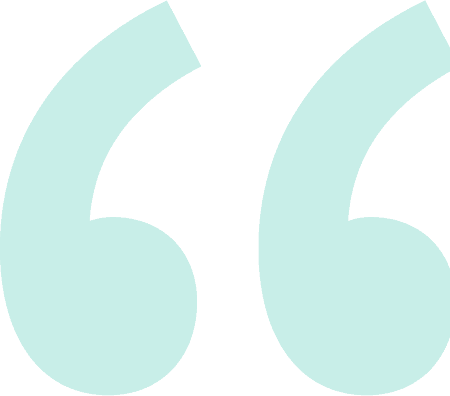
Top tip
Iron is better absorbed when consumed alongside vitamin C due to a reaction which changes its form. Adding lemon juice, which contains vitamin C in plentiful amounts, is a great way to get maximum potential from your iron rich vegetables. Other foods high in vitamin C include: oranges, broccoli, kale, bell peppers and strawberries and can all be eaten alongside meals to increase the absorption of iron.
There are two types of dietary iron: heme and non-heme. Heme is primarily found in animal foods, non-heme is found in plant-based foods. Heme iron is absorbed more efficiently than non-heme therefore, prioritising the former is key to avoiding deficiency.
Sources of heme iron:
- Beef & chicken liver
- Oysters, clams, molluscs, & mussels
- Beef
- Canned sardines
- Turkey and chicken
- Fish (halibut, haddock, salmon, tuna)
Sources of non-heme iron:
- Cooked spinach, curly kale and watercress
- Seeds (pumpkin seeds, sunflower seeds)
- Firm tofu
- Beans & lentils
- Nuts (cashews, almonds, pistachio, etc.)
If you follow a vegetarian diet or limit your intake of red meat, which so many commonly do, you may be more likely to be iron deficient.6 A supplement may help to resolve this however, if you are concerned about iron deficiency anaemia, speak to your usual doctor for professional advice.
The Fast 800 Multivitamin contains enough iron (100% NRV) to meet recommended daily allowances, along with 22 other essential vitamins and minerals. While the best form of vitamins and minerals is through food, if you’re overweight or obese, following a plant-based diet, fasting or over 50, you may find it beneficial to consider a quality multivitamin alongside your healthy Mediterranean-style diet.
Some great recipes great for adding iron to your diet:
Disclaimer
Our articles are written as general information and are in no way meant as prescriptive advice. As a website that is available and used worldwide, it is not ethical for us to give specific guidance on how much or how little of a certain nutrient to take, and these requirements will differ depending on the countries guidelines that you look at. For information, you can look at your country specific government guidance online.
We have designed The Fast 800 Multivitamin as a way to safeguard your nutritional intake, it is in no way meant to replace a healthy, balanced diet. If you are currently taking meditation, have health concerns or under medical supervision, please speak to your GP before purchasing The Fast 800 Multivitamin. If taking other supplements, or products containing added vitamins or minerals, please ensure you read the label, as supplements may contain the same ingredients. Further, if you are concerned about your nutritional status we encourage you to seek guidance from your qualified healthcare professional.
McLean E, Cogswell M, Egli I, Wojdyla D, de Benoist B. Worldwide prevalence of anaemia, WHO Vitamin and Mineral Nutrition Information System, 1993-2005. Public Health Nutr. 2009 Apr;12(4):444-54. doi: 10.1017/S1368980008002401. Epub 2008 May 23. PMID: 18498676.
Hassan TH, Badr MA, Karam NA, et al. Impact of iron deficiency anemia on the function of the immune system in children. Medicine (Baltimore). 2016;95(47):e5395. doi:10.1097/MD.0000000000005395
Wong CC, Ng AC, Kritharides L, Sindone AP. Iron Deficiency in Heart Failure: Looking Beyond Anaemia. Heart Lung Circ. 2016 Mar;25(3):209-16. doi: 10.1016/j.hlc.2015.06.827. Epub 2015 Jul 15. PMID: 26669811.
Ana C Cepeda-Lopez, Alida Melse-Boonstra, Michael B Zimmermann, Isabelle Herter-Aeberli, In overweight and obese women, dietary iron absorption is reduced and the enhancement of iron absorption by ascorbic acid is one-half that in normal-weight women, The American Journal of Clinical Nutrition, Volume 102, Issue 6, December 2015, Pages 1389–1397
Ems T, St Lucia K, Huecker MR. Biochemistry, Iron Absorption. [Updated 2021 Apr 26]. In: StatPearls [Internet]. Treasure Island (FL): StatPearls Publishing; 2021 Jan-.
Pawlak R, Berger J, Hines I. Iron Status of Vegetarian Adults: A Review of Literature. Am J Lifestyle Med. 2016;12(6):486-498. Published 2016 Dec 16. doi:10.1177/1559827616682933







